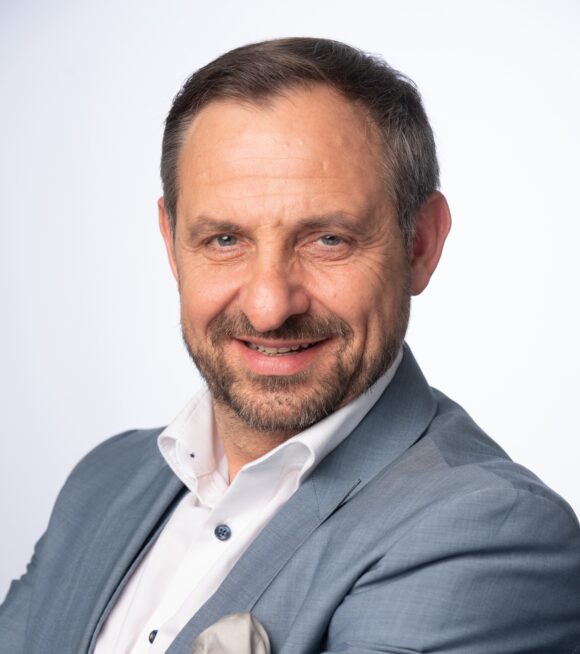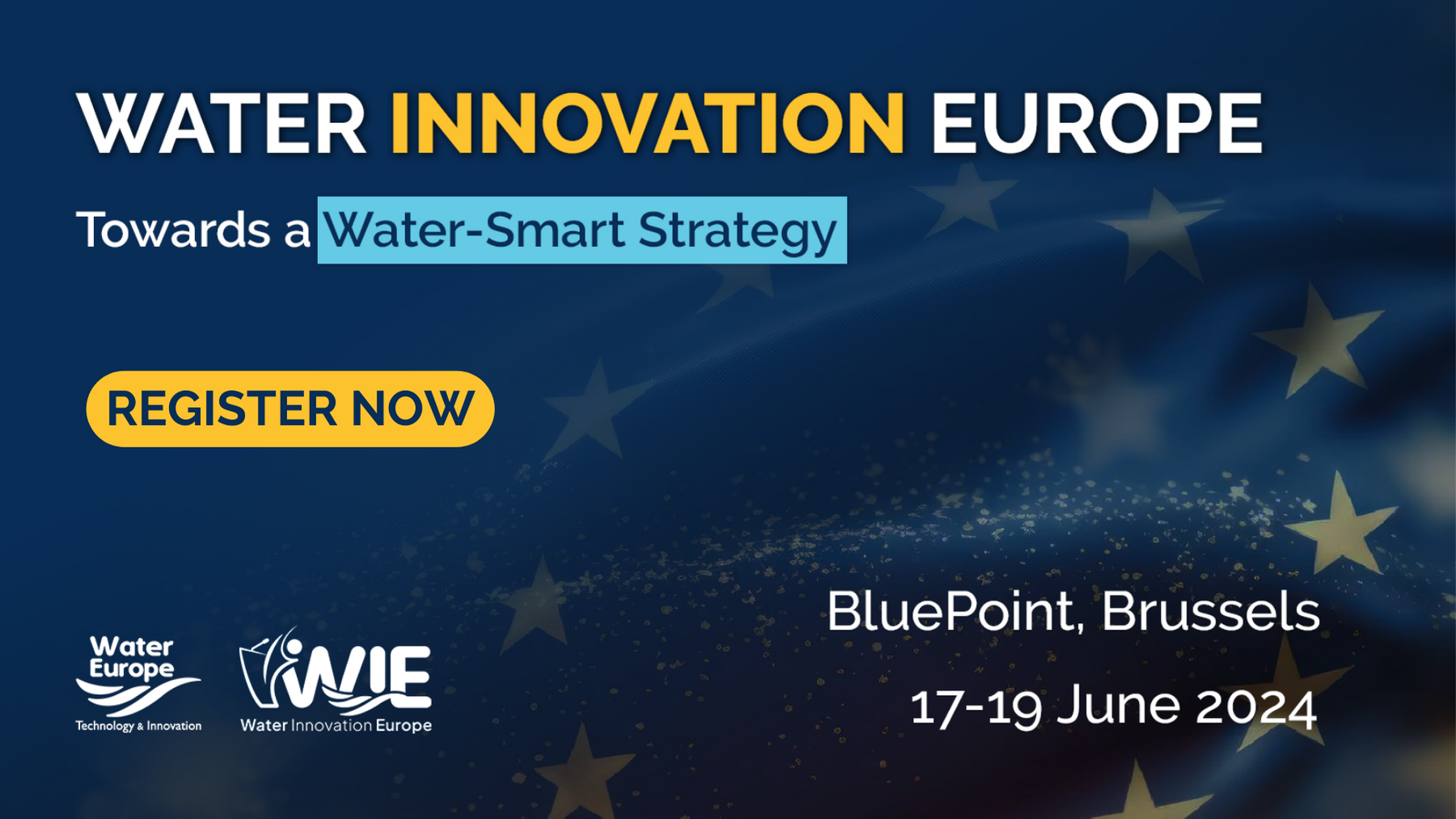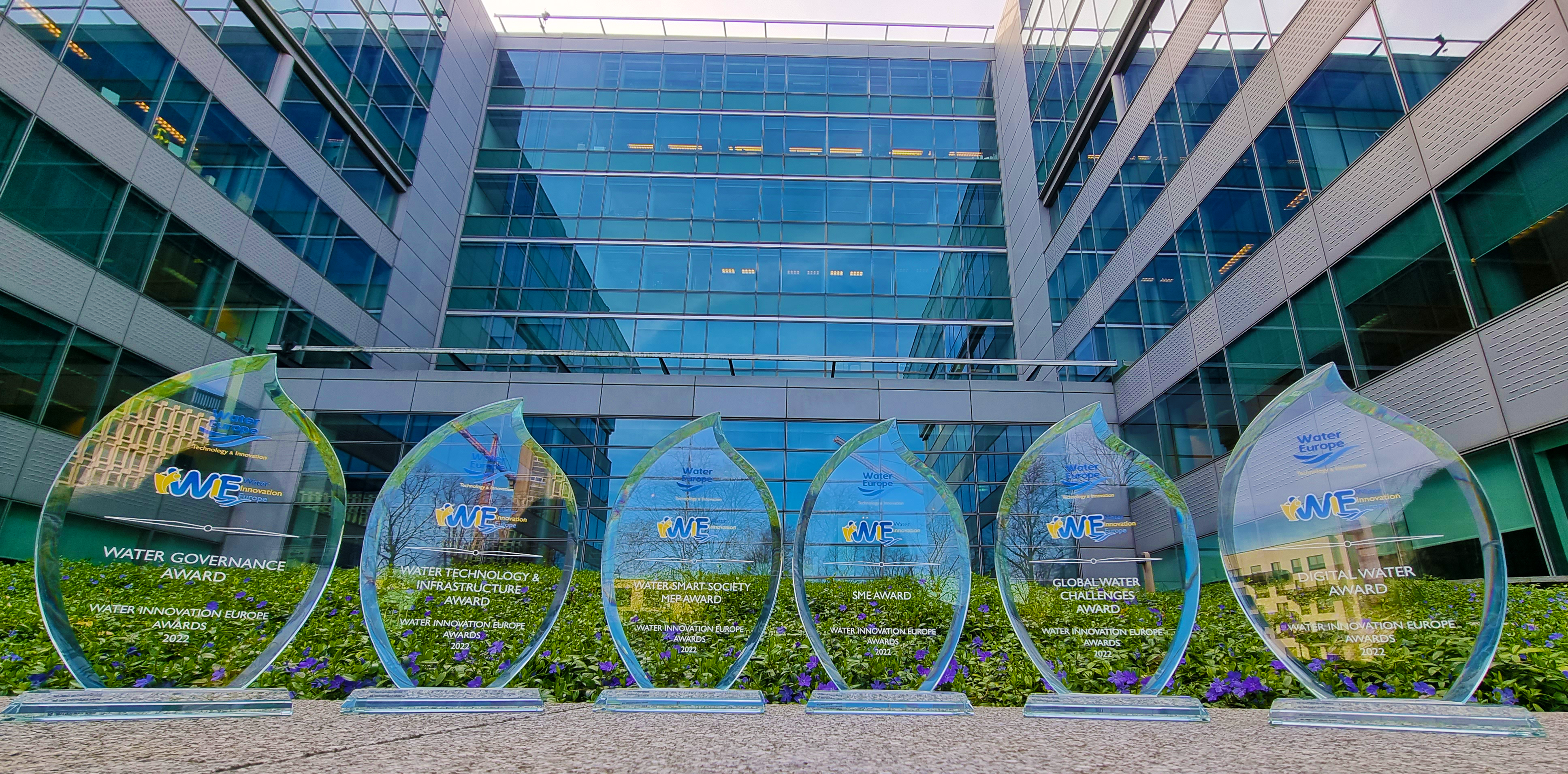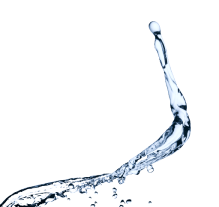Can you please introduce your association and describe the role that water plays in your work?
Hydrogen Europe is the European association representing the interest of the hydrogen industry and its stakeholders, with the aim of promoting hydrogen as an enabler of a zero-emission society. With more than 500+ members, including 25+ EU regions and 30+ national associations, we encompass the entire value chain of the European hydrogen and fuel cell ecosystem. Our vision is to propel global carbon neutrality by accelerating the European hydrogen industry. All hydrogen production methods, including electrolysis-based clean hydrogen, require water as an input or primary feedstock. Therefore, water is a crucial resource to the sector.
The World Resource Institute predicts a 56% gap between water supply and demand by 2030. Water stress is also perceived among the main global risks, highlighting the need to move away from temporary measures to systematic, risk-based management. How are the current water risks perceived in your sector, and what policies/regulations do you consider important for addressing these risks?
There is an important ongoing discussion about, on the one hand, ramping up the hydrogen industry to intensify decarbonisation efforts in particular in hard-to-abate sectors, while on the other hand mitigating potential risk on water-stressed areas. The best placed regions for clean and green hydrogen production based on water electrolysis (e.g. Southern Europe) are often those increasingly affected by water stress, which is strictly monitored and considered by permitting and authorisation procedures. Continued assessment and surveillance of the risks and effects are necessary.
Still, it is important to realise that water consumption in the electrolysis process is around 40% less per kWh of fuel than that of gasoline or diesel (0.27l for electrolysis and around 0.44 for gasoline and diesel). Therefore, transitioning from fossil fuels to hydrogen would represent a substantial net saving in water use. Additionally, the total water volume potentially used by clean hydrogen production is relatively insignificant; if we were to produce 10 million tonnes of hydrogen with today’s electrolysis technologies (which is the REPowerEU’s 2030 target), the estimated 0.14 billion tonnes of water needed to achieve this production target would constitute only 0.00098% of the EU’s 2020 gross water abstraction (143 billion tonnes). In addition, there is growing and encouraging research and investment into the use of desalinated water for hydrogen production, which further alleviates water stress and can even have a substantial positive impact on regional water management.
Collaboration and innovation are at the heart of building a Water-Smart Society. How does your organization actively support collaboration and innovation within your sector to improve environmental performance, competitiveness across the value chain? Could you provide specific examples of your efforts in this regard, particularly related to water?
The hydrogen sector is still relatively new, therefore innovation and research of technologies is at the core of its growth. Continuous progress regarding water reusability, lowering necessary input water volumes, and the use of desalination technologies are important R&I tracks, pushing the industry towards increasing efficiency, sustainability, and competitiveness. Very efficient electrolysis technologies will become the standard for clean hydrogen production with regards to average water intensity, like PEM or Solid Oxide electrolysis. This will no doubt keep improving, with the Clean Hydrogen Partnership – the EU technology platform focusing on innovation – and further EU and Member State-based funding mechanisms increasingly focused on water use. Hydrogen Europe looks forward to closer cooperation with stakeholders like Water Europe to manage this issue.
Would a water strategy be relevant for your sector to strengthen competitiveness and reduce potential disruption on the value chain by ensuring water resilience, security, and sustainability?
A holistic water strategy in the EU would be a great step towards establishing a coherent framework regarding the use, reuse, and management of water in an increasingly interlinked industrial value chain. European industries have seen firsthand over the last few years that stability and competitiveness of essential feedstocks is the basis of well-functioning sectors. Therefore, stress and risks need to be mitigated, and sectoral cooperation and synergies need to be strengthened to achieve resilience, with an established enabling framework. There is no doubt that the hydrogen industry will integrate many stakeholders in the course of its water strategy. Innovation, such as desalination technologies and seawater-based solutions are key for developing sustainable novel industries, such as the hydrogen sector, therefore continued support and a consistent, forward-looking regulatory structure is essential in industrial water management.
Image: Copyright Justin Jin for Hydrogen Europe.
